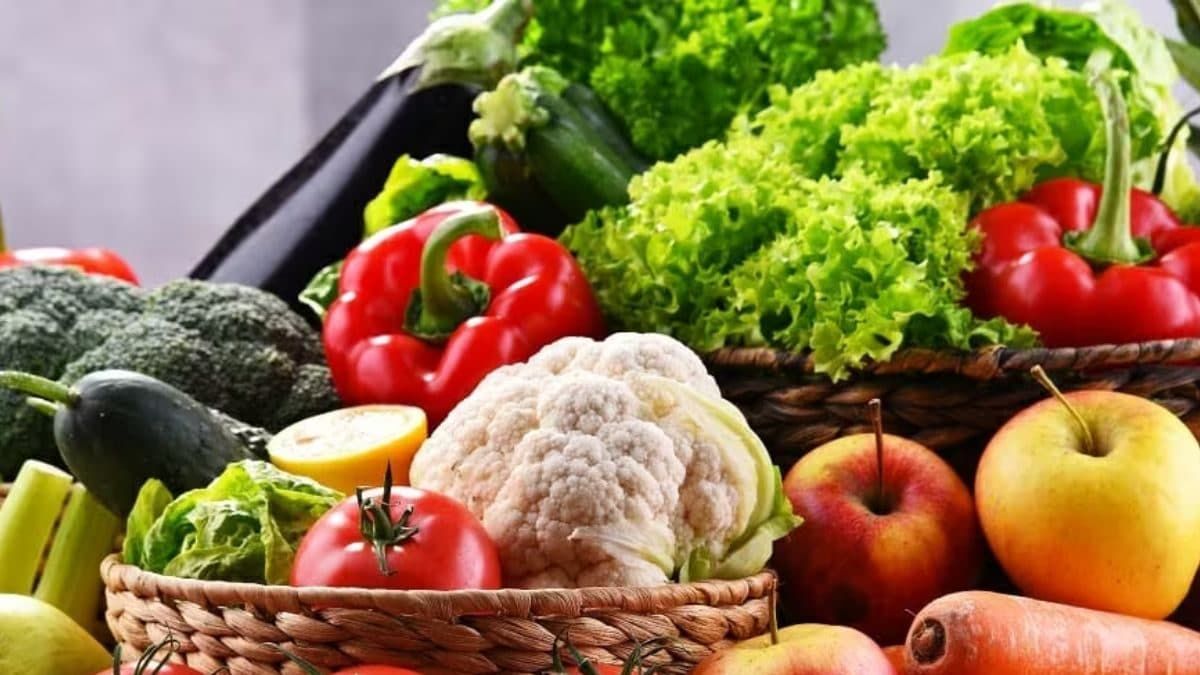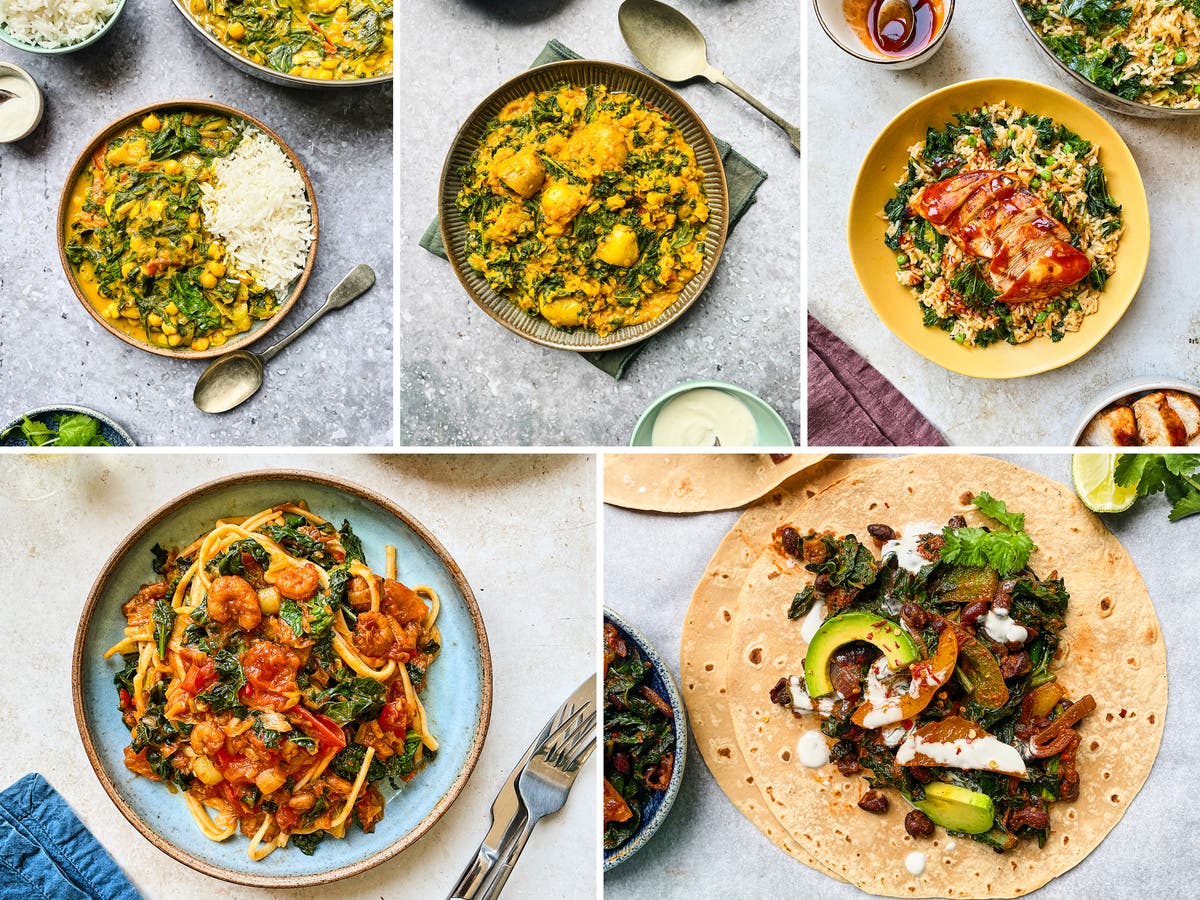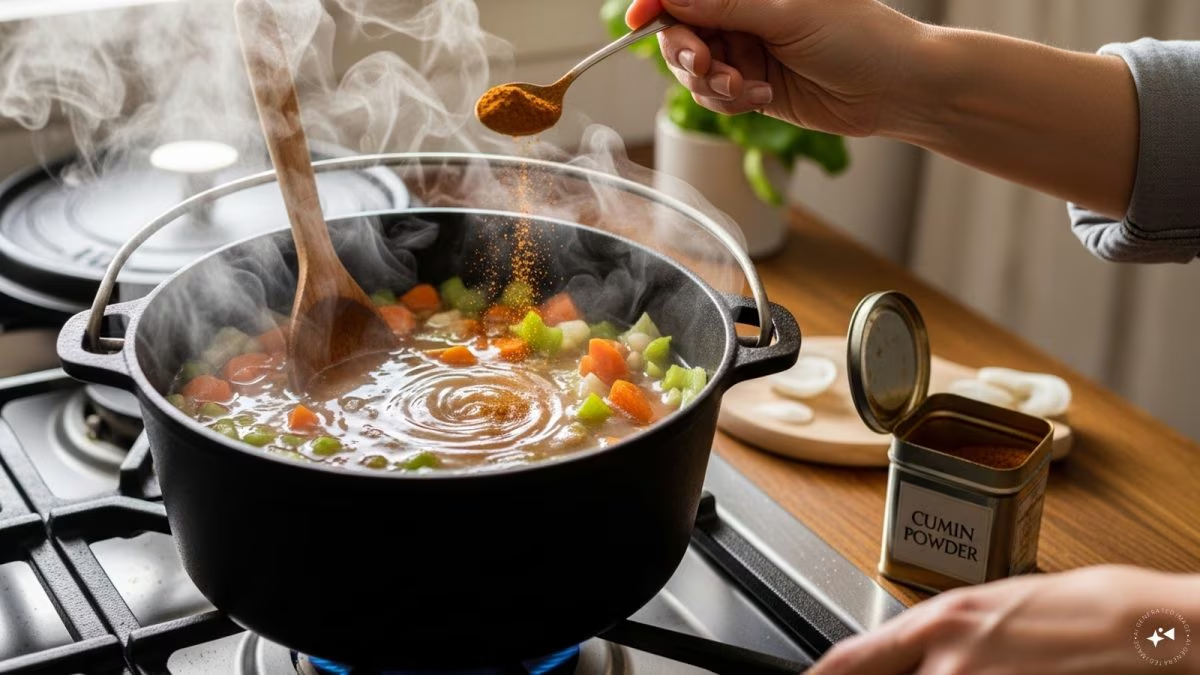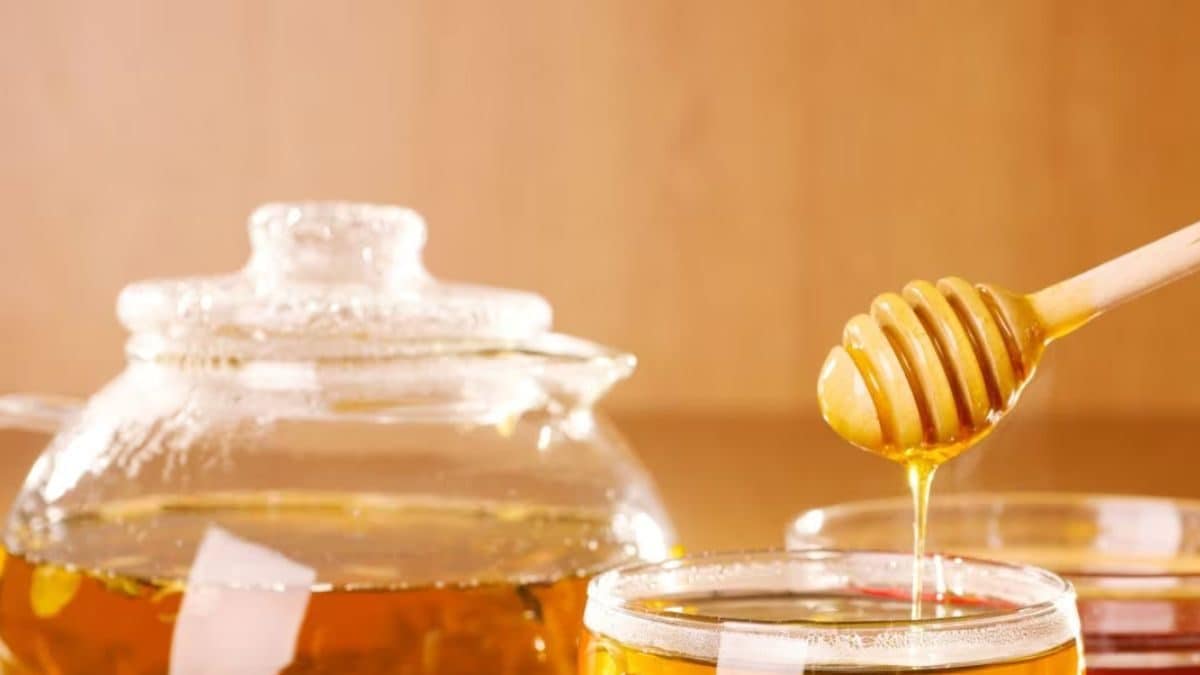During monsoon, it is essential to wash vegetables thoroughly.
Cold periods increase the chances of food contamination, which causes illness.
While monsoon is a welcome break from the scorching heat, it also brings with it the added risk of food-borne infections. Cold spells increase the chances of food contamination and lead to illness. Harmful bacteria and pathogens can enter the body if you do not properly wash the ingredients you use for cooking. Therefore, it is important to wash all essential food items thoroughly before consuming or cooking them. These simple yet important steps can reduce the risk of food-borne illness.
To stay safe and make the most of the monsoon, here is a guide on which foods need thorough washing before cooking or consumption to avoid foodborne illnesses during monsoon:
Vegetables
During the rainy season, it is essential to wash vegetables thoroughly to avoid contaminants. For leafy greens such as spinach, lettuce and kale, rinse them several times with cold water as they are prone to collecting dirt and bacteria. Root vegetables such as potatoes, carrots and radishes also need a good wash to remove dirt and potential pathogens. Don't forget cucumbers and bell peppers as they require careful washing to remove potential contaminants. Proper washing will help you safely enjoy fresh seasonal vegetables and obtain nutrients without the risk of infections.
Fruit
With the arrival of heavy rains, it is important to ensure that fresh fruits are thoroughly cleaned to avoid food-borne illnesses. Melons, with their rough skin, should be cleaned with a brush under running water, while papayas and pineapples need a thorough rinse and gentle brushing. Fruits such as apples and peaches also collect dirt and debris, so wash them thoroughly before indulging in those crunchy bites. By washing fruits carefully, you will minimise the risk of monsoon-borne illnesses.
Eggs
Eggs should be washed to remove any visible dirt and bacteria from the shell. This simple step helps ensure that they are clean and safe to consume, especially during the rainy season.
Meat and seafood
When preparing meat and poultry, rinse them with cold water to remove any residue. Make sure they are cooked to the recommended internal temperature to kill harmful bacteria. For seafood, wash fish, shellfish, and squid thoroughly to remove dirt and sand. With proper cleaning, you can enjoy your delicious meals without worrying about any health risks.
Nuts, seeds and dried fruits
Before consuming nuts and seeds, make sure to clean them properly to remove impurities. Similarly, wash dried fruits to remove dust and chemicals to prevent the growth of microorganisms.
Herbs
Rinse fresh herbs, such as cilantro, mint, and basil, to remove any dirt or pesticide residue. This will ensure that the herbs are clean and ready to use in dishes.












